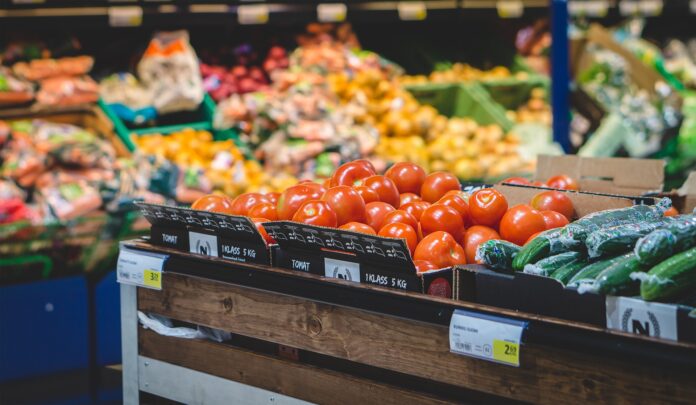A bill introduced by NDP leader Jagmeet Singh to lower grocery prices has made it past second reading and will go to a committee for further review and changes.
Bill C-352 passed with a 178 – 149 vote in favour. It was introduced in September and aims to target corporate greed with various penalties to discourage price fixing, help smaller grocery stores by protecting them from anti-competitive tactics, give the competition bureau more powers to crack down on abuses like price-gouging consumers and stop mergers that decrease competition.
Singh says it works with various fine options, depending on the situation and the size of the companies. He adds it is borrowed from other jurisdictions from other parts of the world and he referenced the bread price fixing from 2018.
“All the parties involved benefitted about $5 billion by jacking up the price of bread. One of the major players, Canada Bread, only got a fine of $50 million,” said Singh. “That’s really just pennies to a company that was involved in a scheme where all the partners got $5 billion.”
Singh says the bill would lay out three different fine options including $25 million, three times the benefit of crude ($15 billion in the bread case), or 10 per cent of the company’s yearly revenue.
“That is a scale of money that would really scare companies away from doing these types of abusive practices,” said Singh. “The judge has the option of choosing whatever is higher.”
Singh says it is important to target corporate greed because there are only three CEOs that run the majority of the grocery stores in Canada: Sobeys, Loblaws and Metro. He adds part of combatting that is to create an environment where more small stores can enter the markets.
“Part of the solution has to be bringing in more competition, particularly we want to support small and independent grocery stores,” he said.
Singh feels that it is the role of government to combat the issue, rather than citizens.




